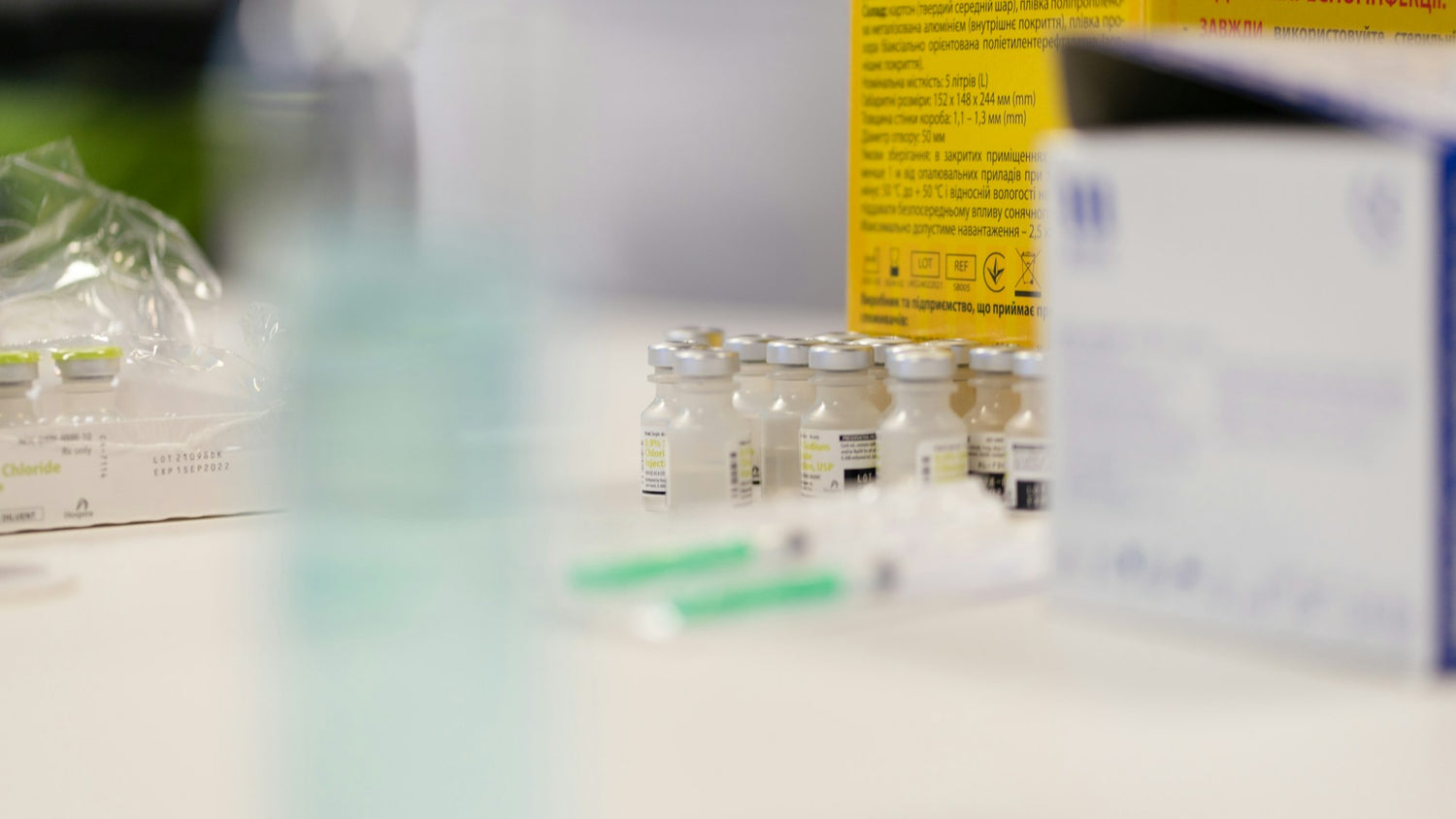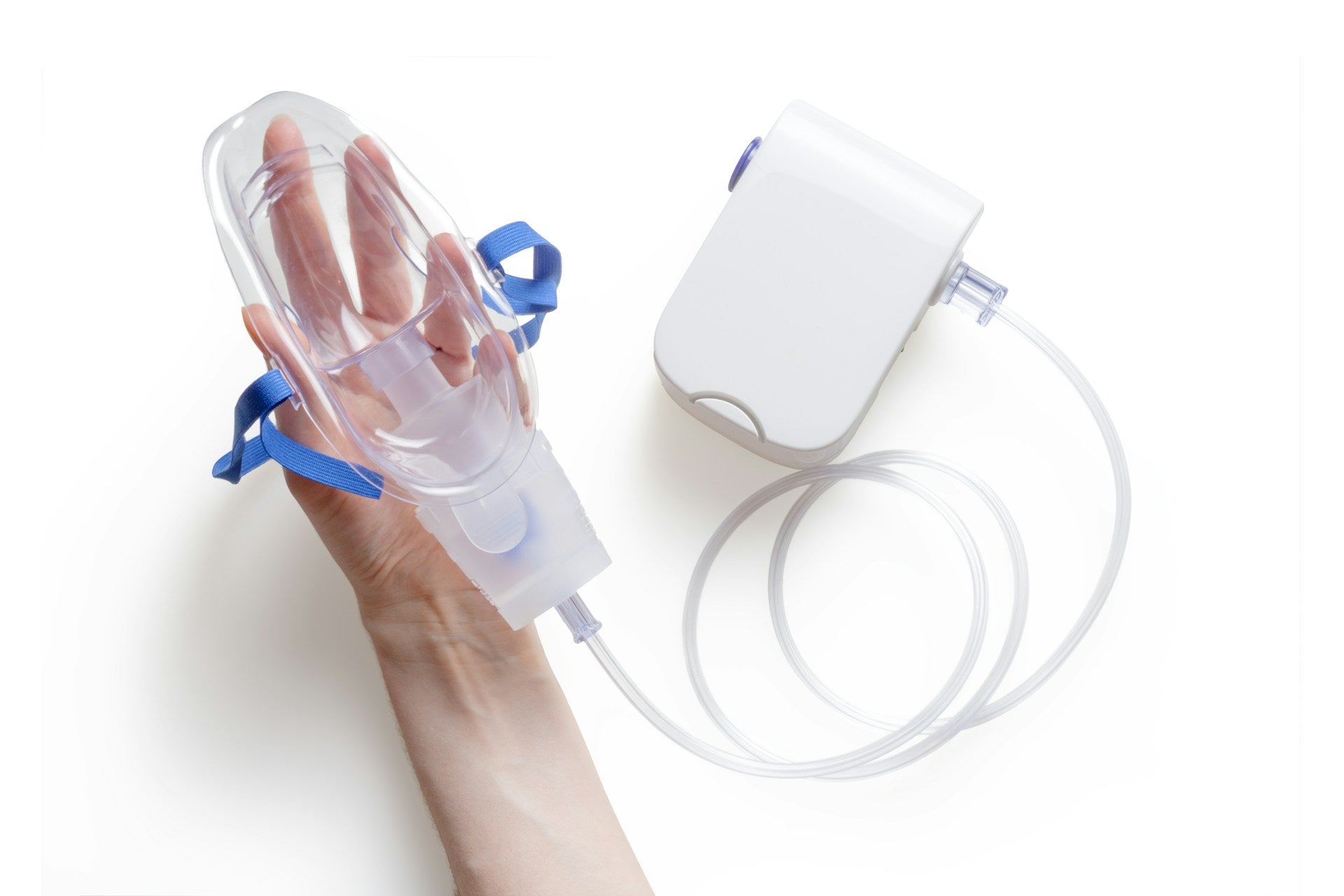Quick Answer
Yes, according to the US Food & Drug Administration (FDA), oxygen concentrators are classified as Class II Medical Devices. This classification requires you to obtain a valid prescription from a board-certified doctor before you can purchase an oxygen concentrator.
Introduction
Navigating the world of medical equipment can often be as complex as understanding the health conditions they aim to alleviate. If you're considering an oxygen concentrator-a device that delivers air rich in oxygen to help with respiratory issues-you may wonder about the legalities: Is a prescription necessary? This article demystifies the regulations surrounding oxygen concentrators, helping you breathe easier both literally and figuratively.
Essentials for Your Oxygen Prescription
When your doctor gives you a prescription for oxygen, it will be written on their usual prescription paper or printed out. Check to make sure it includes these important parts:
- Doctor's Signature: This is what makes the prescription official.
- Contact Information: So you can get in touch if there's a question or issue.
- Patient's Name: This shows who the oxygen is for.
- Therapy Details: This tells you what kind of oxygen treatment you're getting.
If you're getting a portable oxygen concentrator, the prescription should also say:
- Type of Therapy: It should state whether you need Pulse Dose (where oxygen is given only when you breathe in) or Continuous Flow (a steady stream of oxygen).
- Model Compatibility: Make sure the prescription matches the type of concentrator you have because some are made just for Pulse Dose.
If something on your prescription isn't clear, don't hesitate to ask your doctor about it.
Examples of Prescriptions
For instance, your prescription might read "3 LPM Pulse/Conserving" or "5 LPM Continuous Flow". These instructions help you find the right oxygen system that meets your health and lifestyle needs.
What Is an Oxygen Concentrator?

Imagine a box that takes in air from your room, sifts through it, and delivers a stream of pure oxygen to help you breathe. That's essentially what an oxygen concentrator does. It's like a personal oxygen factory that runs on electricity.
Not Your Average Oxygen Tank
Unlike bulky oxygen tanks that can run out of oxygen, concentrators never need refilling; they work by pulling in room air, removing nitrogen, and delivering nearly pure oxygen through a nasal cannula or mask. This means you have a constant, reliable source of oxygen as long as there's power.
How Do They Work?
Oxygen concentrators use a simple yet ingenious process: they take in air and pass it through a filter called a molecular sieve. This separates the oxygen and directs it to the user while discarding other gases back into the air.
Different Types for Different Needs
There are two main types of oxygen concentrators:
- Portable Oxygen Concentrators: These are small, lightweight, and designed for people on the go. They often come with batteries or car adapters, so you don't have to stay at home to breathe comfortably.
- Stationary Oxygen Concentrators: These are larger units meant to stay at home. They're capable of delivering more oxygen over a longer period, making them suitable for those with higher oxygen needs.
The Upside of Using an Oxygen Concentrator
The big advantage of an oxygen concentrator is independence. No waiting for oxygen deliveries, no stress about running out of oxygen-it's all right there when you need it. Plus, concentrators are safer since they aren't compressed gas and won't pose the same risks as traditional oxygen tanks if damaged.
Legal and Health Regulations Regarding Oxygen Concentrators
When it comes to medical devices like oxygen concentrators, safety is paramount-not just for the user but for everyone around. That's why there are certain rules and regulations in place.
FDA Checks for Safety
Firstly, oxygen concentrators are classified as medical devices, which means the U.S. Food and Drug Administration (FDA) has its say. The FDA ensures that these devices are safe to use and effective, so when you get an oxygen concentrator, it's gone through a thorough check-up.
Prescription or No Prescription?
Now, the big question: Do you need a prescription? The answer is yes, for a few good reasons. A prescription guarantees that a medical professional has assessed your oxygen needs properly. It also makes sure that the device is set correctly for your specific requirements and that you're given the right instructions on how to use it safely.

Scenarios When a Prescription Is Required
Even though oxygen concentrators are about giving you freedom and flexibility with your breathing, there are certain situations where having a doctor's prescription is an absolute must.
Buying Through Insurance
If you're hoping to have your insurance chip in on the cost of an oxygen concentrator, you'll definitely need a prescription. Insurance companies require proof that the device is medically necessary, and this comes in the form of a detailed prescription from your healthcare provider.
Clinical Reasons for Regulation
A prescription isn't just a piece of paper-it's a medical directive tailored to your unique health needs. Oxygen levels and flow rates aren't one-size-fits-all; they vary from person to person. A doctor's assessment ensures that you receive the right amount of oxygen based on your condition, whether it's COPD, heart failure, or any other respiratory issue.
Adjusting Oxygen Levels and Flow Rates
Getting the settings right on your oxygen concentrator is critical. Too much or too little oxygen can be harmful. Your doctor will prescribe a specific flow rate (how much oxygen you get) and concentration based on thorough medical evaluation, including blood tests to check your oxygen levels.
Final Thoughts: Understanding Your Oxygen Therapy Journey
A prescription isn't just a procedural step; it's a personalized blueprint for your respiratory health. These devices promise a better breathing experience, but only when matched with the right guidance. Embrace the process-from consulting with healthcare professionals to choosing the ideal unit-as each step ensures your path to improved well-being is as clear as the oxygen you inhale. Breathe easier knowing you're informed and prepared to take control of your respiratory care.
FAQs: Obtaining an Oxygen Concentrator Prescription
Q1: Who gives you a prescription for an oxygen concentrator?
A board-certified doctor, often a pulmonologist or a primary care physician who has evaluated your respiratory needs, is the one to prescribe an oxygen concentrator. They will provide this prescription after a thorough medical examination and necessary lung function tests.
Q2: Can any doctor prescribe an oxygen concentrator, or does it have to be a specialist?
While any licensed doctor can prescribe an oxygen concentrator, specialists like pulmonologists are more frequently involved in such prescriptions due to their expertise in respiratory conditions.
Q3: Do I need a new prescription for an oxygen concentrator if I switch suppliers?
Generally, your original prescription can be used with different suppliers. However, some suppliers may require a new prescription for their records or if there's been a significant change in your medical condition or oxygen requirements.





댓글 남기기
이 사이트는 hCaptcha에 의해 보호되며, hCaptcha의 개인 정보 보호 정책 과 서비스 약관 이 적용됩니다.